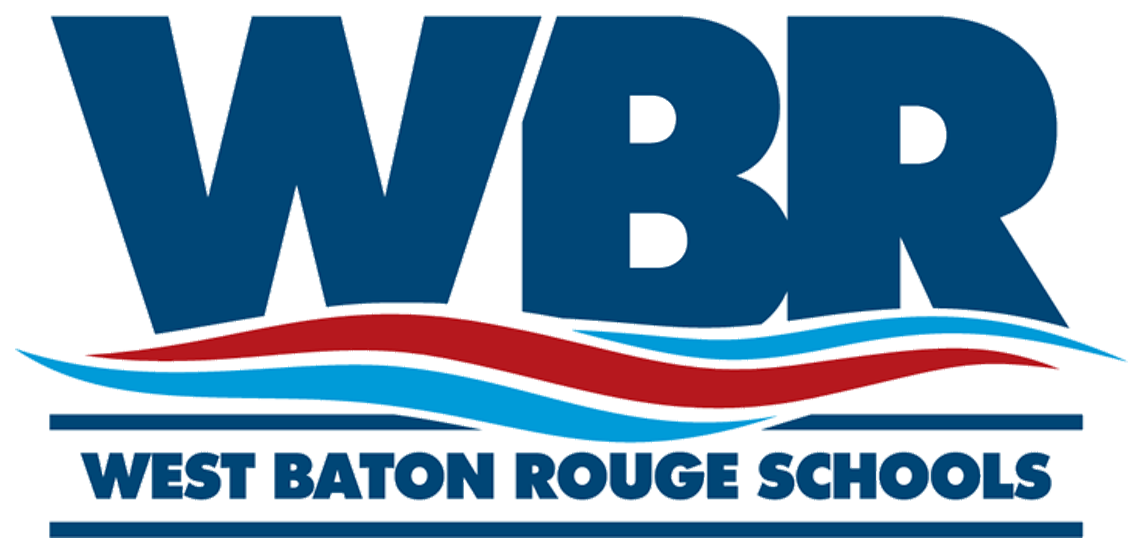In West Baton Rouge Parish, Jackie Noble is walking back into the Brusly Elementary school building at 6:45 p.m. She’d finished her workday as a special education teacher’s aide around 3:30 p.m., then babysat her granddaughter for a few hours, spent time with her husband, and picked up a McDonald’s order of chicken nuggets, a large coffee and a Coke to get her through her evening classes. Some Reach classes go until 11 p.m.
Noble was a bus driver in this area for five years, but she longed to be a teacher. When she mustered the courage to research options for joining the profession, she learned it would cost somewhere between $5,000 to $15,000 a year over at least four years. “I wasn't even financially able to pay for my transcript because it was going to cost me almost $100,” she said.
When Noble heard about Reach (University) and the monthly tuition of $75 a month, she said, “My mouth hit the floor.”
Joe Ross, president of the online Reach University, said he often hears some variation of: “I had to choose between a job and a degree.”
“What if we eliminate the question?” he said. “Let's turn jobs into degrees.”
Focus on school employees without degrees
Brusly Elementary is quiet as Noble settles down in a classroom. She moves her food strategically off camera and ensures she has multiple devices logged in: her phone, laptop and desktop. Sometimes the internet here is spotty, and she doesn’t want to take any chances.
It’s the night of the final class of her course, “Children with Special Needs: History and Practice.” Her 24 classmates smile and wave as they log on from different states. They’ve been taking turns presenting on disabilities such as dyslexia, brain injuries and deafness; Noble gave hers, on assistive technologies for children with physical disabilities, last week.
Reach began in 2006 as a certification program for entry-level teachers who had a degree but still needed a credential. It then expanded to offer credentials to teachers who wanted to move into administration as well as graduate degrees in teaching and leadership. In 2020, Reach University started the program focused on school employees without a degree.
Kim Eckert, a former Louisiana teacher of the year and Reach’s dean, says she was drawn to the program because, as a high school special education teacher, she saw how little opportunity there was for classroom aides in her school to boost their skills. She started monthly workshops specifically for them.
In growing the Reach program, Eckert drew from her teacher-of-the-year class, hiring people who understood the realities of classroom management and could model what it’s like to be a great teacher. She shied away from those who haven’t proven themselves in the classroom, even if they have degrees from top universities. “Everybody thinks they can be a teacher because they've had a teacher,” she said, but that’s not true.
The 15 hours a week of “in-class training,” which can include observing a teacher, tutoring students or helping write lessons, is designed to allow students to test out what they’re learning almost immediately, without having to wait months or years to put their studies into practice. Michelle Cottrell Williams, a Reach administrator and Virginia’s 2018 teacher of the year, recalls discussing an exercise in class about Disney’s portrayal of historical events versus the reality. One of her students, a classroom aide, shared it with the fifth graders she was working with the next day.
Noble says she’ll carry lessons about managing students from the bus to her classroom. She was responsible for up to 70 students while driving 45 miles an hour – so 20 in a classroom seems doable, she said.
Link to the complete article: https://www.usatoday.com/story...

